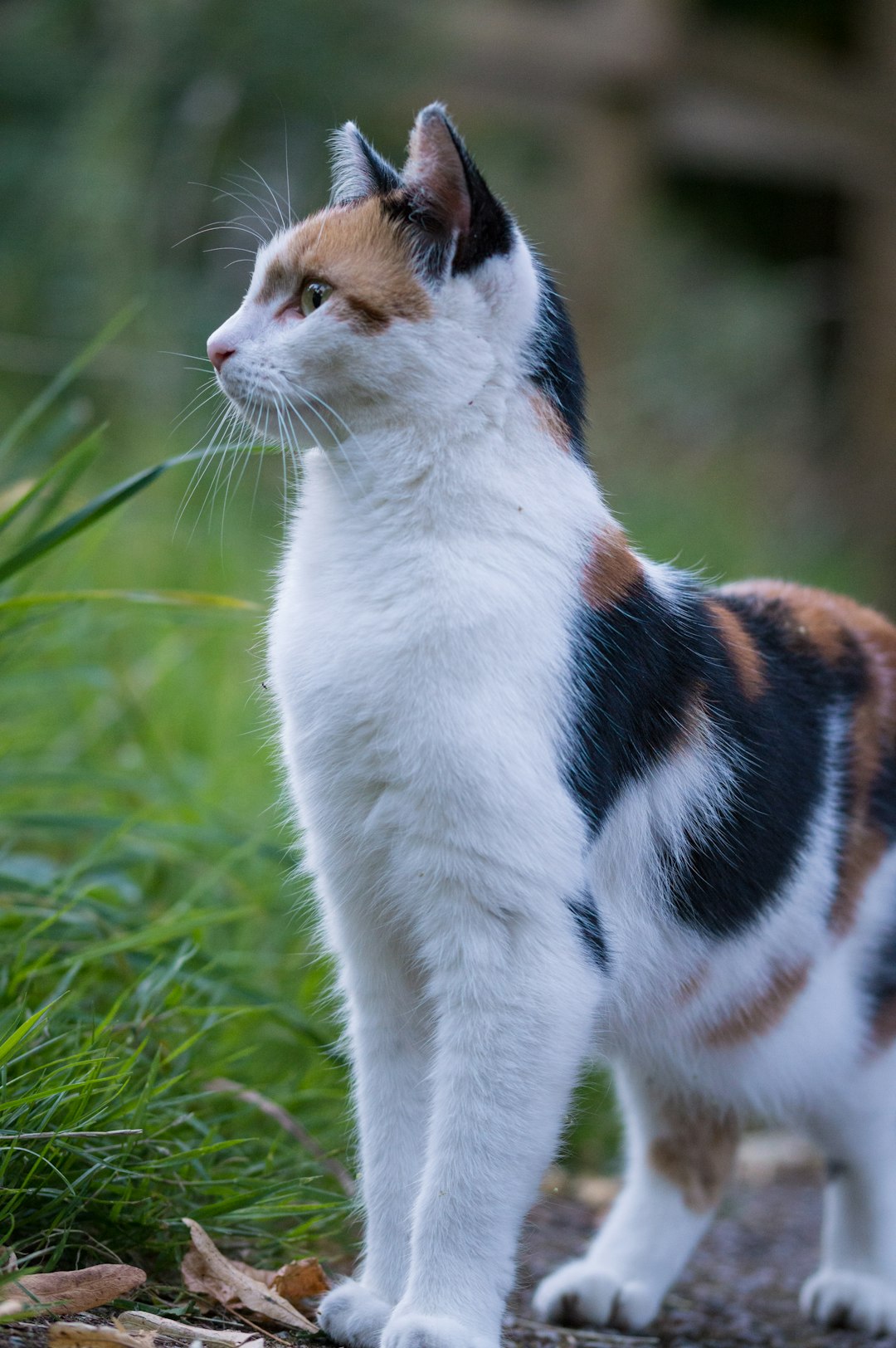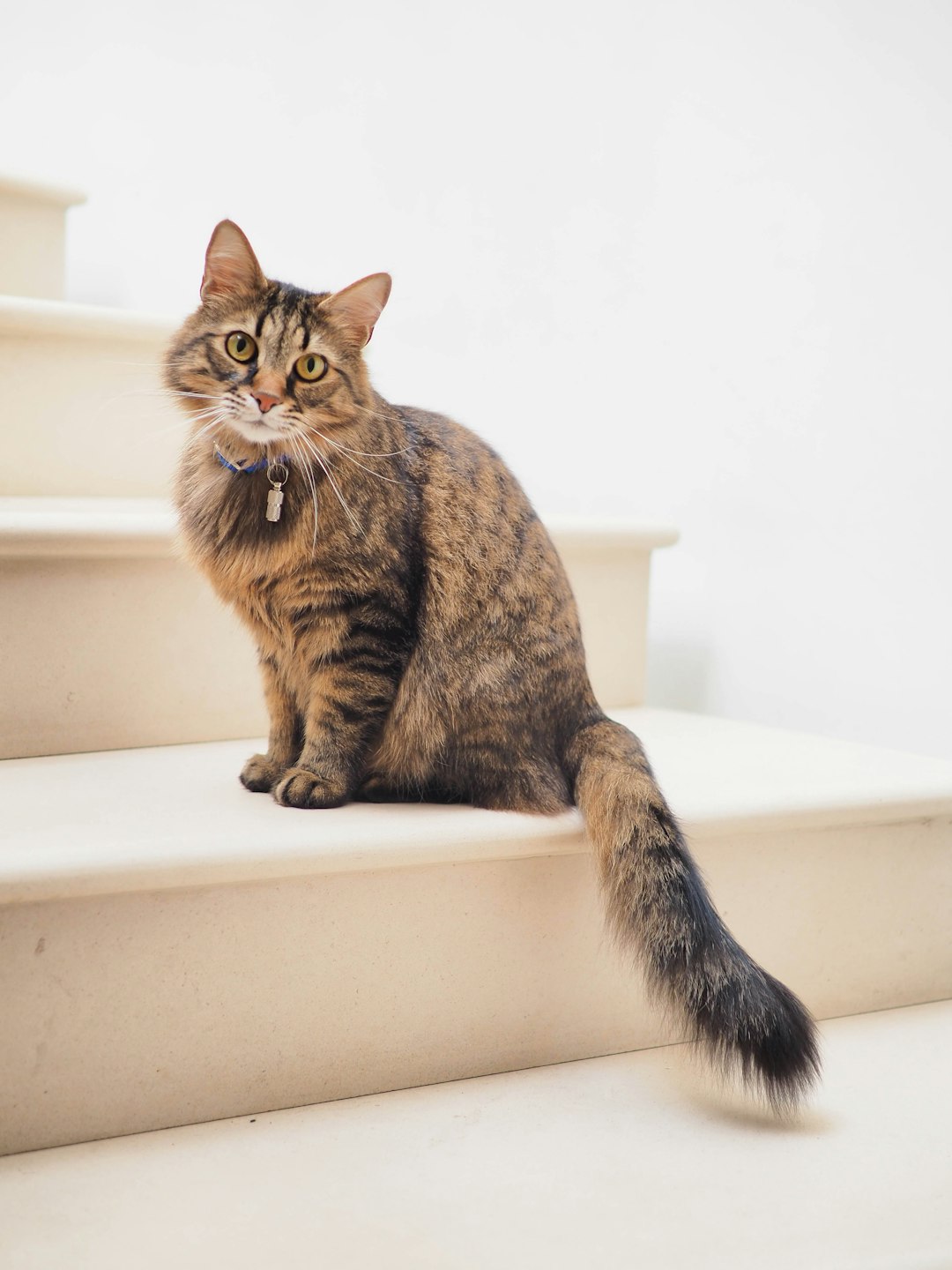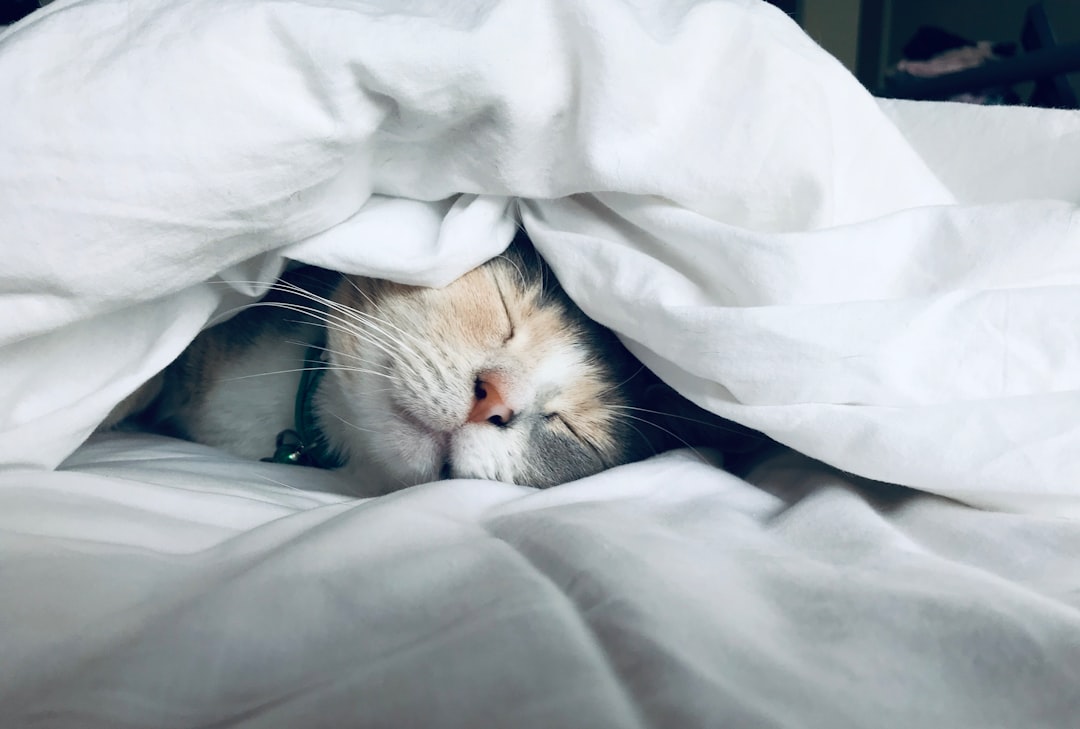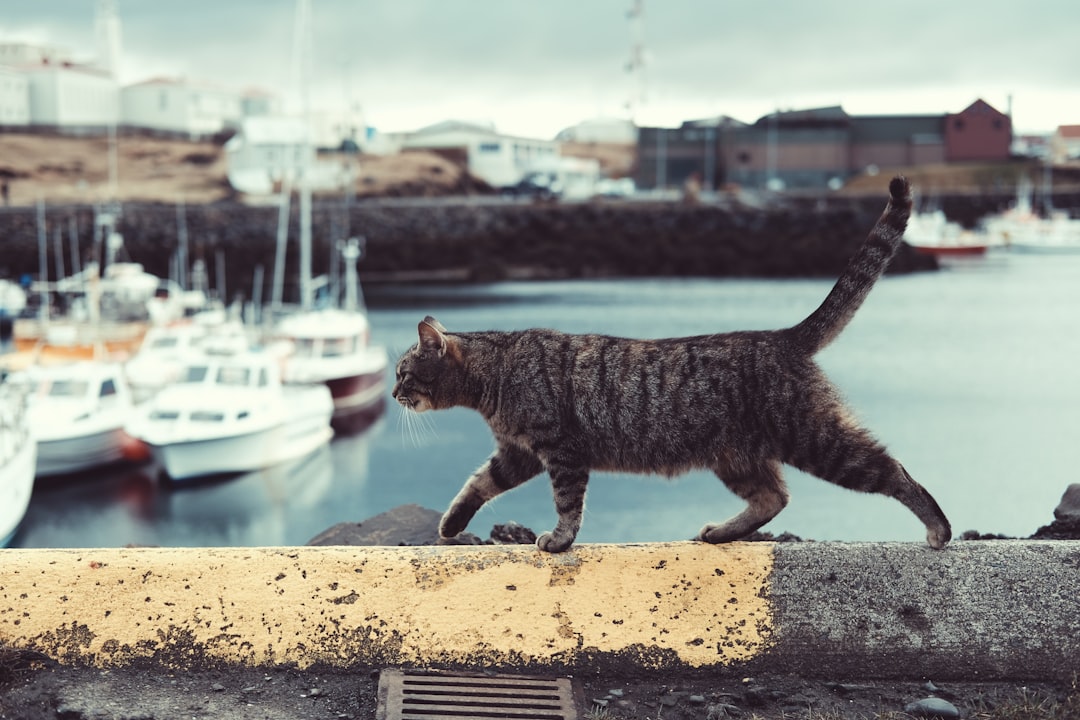When it comes to keeping our furry friends safe, pet owners often wonder, "are orchids toxic to cats?" While orchids are stunning additions to any home, it’s crucial to understand their potential risks to our pets. This blog post will delve into the various orchid species, identify common plants harmful to cats, and highlight safe practices for both plant care and pet safety. By understanding which plants are safe and how to recognize symptoms of poisoning, you can create a harmonious living environment for your feline companions.
Understanding Orchid Species and Their Effects on Cats
When it comes to the question are orchids toxic to cats, the answer is generally reassuring. Most orchid species are considered non-toxic to felines. Here’s an overview of popular orchid types:
- Phalaenopsis (Moth Orchid): These are safe and commonly found indoors.
- Dendrobium: Also non-toxic, this variety enhances home decor.
- Cattleya: Known for vibrant blooms, they pose no threat to your cat.
However, while orchids are mostly harmless, it’s essential to note that some cats may experience mild gastrointestinal upset if they munch on plant material. To prevent any discomfort, follow these tips:
- Monitor your cat’s behavior around houseplants.
- Keep orchids out of reach to discourage chewing.
- Observe for any symptoms of irritation or digestive distress.
In summary, the majority of orchids are not toxic to cats, making them an excellent choice for pet owners. However, being vigilant ensures a safe environment for your furry friend. Always remember that are orchids toxic to cats is a crucial consideration, but with the right care, cats and orchids can coexist harmoniously.

Common Plants That Are Toxic to Cats
Understanding which plants are harmful to our feline friends is essential for every pet owner. While you’re considering the question, are orchids toxic to cats?, it is equally important to be aware of other common toxic plants. Here’s a concise list of some plants that pose a risk:
- Lilies: Highly toxic, even small amounts can cause severe kidney damage.
- Azaleas: Ingestion can lead to vomiting, diarrhea, and potentially fatal heart issues.
- Sago Palm: All parts are toxic; the seeds particularly can be lethal.
- Philodendron: Can cause oral irritation and swelling, leading to difficulty swallowing.
| Plant | Toxicity Level | Symptoms |
|---|---|---|
| Lilies | High | Vomiting, kidney failure |
| Azaleas | High | Vomiting, heart problems |
| Sago Palm | Very High | Liver failure, seizures |
| Philodendron | Moderate | Oral irritation, swelling |
As you assess your indoor plants, remember that while orchids are generally not toxic to cats, many other plants can pose serious health risks. Always ensure a pet-safe environment by removing or placing these plants out of reach. By identifying toxic plants, you safeguard your furry companions against poisoning.
Identifying Non-Toxic Plants for Pet Owners
Choosing pet-safe plants is essential for maintaining a healthy home environment. If you’re concerned about whether are orchids toxic to cats, you’ll be relieved to know that most orchids are non-toxic to these furry friends. To help you in selecting safe options, here’s a list of both non-toxic plants that are friendly for pets and some alternatives to avoid:
Non-Toxic Plant Options:
- Orchids (most species) – Generally safe for cats.
- Spider Plant – Easy to care for and non-toxic.
- Bamboo Palm – Adds a tropical touch without risk.
- Boston Fern – Safe and lush greenery.
- African Violet – Beautiful blooms that are also safe.
Plants to Avoid:
- Lilies – Extremely toxic and can cause kidney failure.
- Sago Palm – All parts are harmful, particularly the seeds.
- Azalea – Can lead to vomiting and cardiovascular collapse.
By knowing which plants are safe, you can enjoy a vibrant home without worrying about your cat’s safety. If you ever wonder are orchids toxic to cats, remember that maintaining a pet-friendly space is always a priority!
Symptoms of Poisoning in Cats
Understanding the symptoms of poisoning is crucial for cat owners, especially regarding plants like orchids. So, are orchids toxic to cats? While orchids are generally considered non-toxic, it’s still vital to recognize potential signs of distress in your feline companions.
Common symptoms of poisoning in cats include:
- Vomiting: Frequent or severe vomiting can indicate sickness.
- Diarrhea: Loose stools or changes in bowel movements may occur.
- Lethargy: Excessive tiredness or lack of energy should raise concerns.
- Loss of Appetite: If your cat suddenly refuses to eat, it might indicate discomfort.
- Excessive Drooling: Noticeable drool can signal gastrointestinal irritation.
- Tremors or Seizures: Neurological symptoms may arise, although they are rare.
If you observe any of these symptoms, it’s essential to act quickly. Remember, while orchids typically aren’t harmful, other common household plants may be toxic. Monitoring your cat’s health regularly ensures they stay safe, and being aware of these symptoms can provide peace of mind for pet owners concerned about possible risks.

Preventive Measures for Pet Safety
To ensure your feline friend stays safe, consider these preventive measures regarding plants, especially when it comes to the question of are orchids toxic to cats:
Choose Wisely: Select non-toxic plants for your home. Familiarize yourself with safe options, so you avoid introducing any potentially harmful species.
Secure Placement: Keep all plants, including orchids, out of reach. Use high shelves or hang from ceilings to minimize access.
Designate Cat-Free Zones: Establish areas in your home where plants will not be allowed. This helps prevent curious cats from nibbling on any greenery.
Educate Family Members: Ensure everyone in your household understands which plants are safe and which are potential hazards. This includes discussing the dangers associated with are orchids toxic to cats.
Consider Alternatives: Look for pet-friendly alternatives to traditional houseplants. Options like spider plants or cat grass can satisfy your decorative urges without risking your cat’s health.
By implementing these measures, you can create a safer environment for your pets while still enjoying the beauty of plants!
Safe Orchid Care Practices
When it comes to keeping orchids in your home, it’s essential to ensure that they don’t pose a risk to your feline friends. Many cat owners wonder, are orchids toxic to cats? The good news is that most common orchid species are non-toxic. However, practicing safe care techniques can mitigate any potential risks. Here are some tips:
Placement: Keep orchids out of reach of curious cats. High shelves or hanging planters work well.
Watering Wisely: Avoid overwatering, which can lead to mold—a possible irritant for pets.
Avoid Chemicals: Use pet-safe fertilizers and pesticides. Always check product labels.
Regular Maintenance: Trim dead leaves and flowers to prevent mold and bacteria buildup.
Monitor Your Cat’s Behavior: Observe if your cat shows interest in the plant. If you notice any unusual behavior, consider relocating it.
By implementing these safe orchid care practices, you won’t have to worry about the question, are orchids toxic to cats, and you can enjoy your beautiful plants while ensuring your pet’s safety.
What to Do If Your Cat Ingests a Toxic Plant
If you suspect your cat has ingested a toxic plant, including orchids, it’s crucial to act promptly. Here’s what to do:
Stay Calm: Panicking won’t help the situation. Take a deep breath and assess your cat’s condition.
Check Symptoms: Look for signs of distress such as:
- Vomiting
- Diarrhea
- Lethargy
- Abnormal drooling
Identify the Plant: Knowing whether the plant is an orchid or another toxic species is essential. Research which specific plants are harmful to cats, as not all orchids are toxic.
Contact Your Veterinarian: Call your vet immediately, regardless of symptoms. Provide them with details about the ingested plant and your cat’s symptoms.
Follow Instructions: Your vet may ask you to bring your cat in or provide steps to manage the situation at home.
Monitor Your Cat: Keep a close eye on your cat for any changes in behavior as you wait for advice.
In conclusion, knowing the answer to the question, "are orchids toxic to cats?" can help you take necessary precautions, but also be prepared to respond effectively if ingestion occurs.

Consulting Your Veterinarian: When and Why
If you suspect that your cat may have ingested an orchid or any potentially toxic plant, it’s crucial to consult your veterinarian promptly. Understanding when and why to seek professional help can significantly impact your cat’s health. Here are some key points to consider:
- Timing Matters: If your cat shows symptoms like vomiting, lethargy, or difficulty breathing after contact with plants, contact your vet immediately.
- Types of Orchids: While many orchids are non-toxic, some plants, like certain species of orchids, might not be safe. Always verify if specific orchids are orchids toxic to cats.
- Evaluate Symptoms: Provide your vet with detailed information about your cat’s symptoms and any plants it may have ingested. This helps them assess the situation effectively.
- Emergency Situations: If your cat consumes a large quantity or multiple toxic plants, consider this an emergency. Quick action could save your pet’s life.
In summary, being proactive and informed about are orchids toxic to cats ensures your feline friend remains safe and healthy.
Frequently Asked Questions
Are orchids toxic to cats?
No, orchids are not considered toxic to cats. Most species of orchids are safe for pets, including cats, making them a popular choice for pet owners. However, while orchids can be non-toxic, it’s important to monitor your cat’s behavior around any plant. If a cat ingests a large amount of orchid material, it may lead to mild gastrointestinal upset, though serious health issues are rare.
What should I do if my cat eats an orchid?
If your cat has eaten an orchid, there is generally no need for alarm, as they are non-toxic. However, it is always wise to observe your cat for any signs of distress or unusual behavior. Symptoms like vomiting or lethargy may indicate an issue unrelated to the orchid itself. If you notice any of these symptoms, contact your veterinarian for advice, especially if ingestion seems excessive or if your cat has underlying health conditions.
Are there any other common plants that are toxic to cats?
Yes, several common houseplants are toxic to cats, including lilies, poinsettias, and philodendrons. Lilies, in particular, are highly toxic and can cause severe kidney damage in cats if ingested, even in small amounts. It’s crucial for pet owners to research plants before bringing them into their homes and consider choosing non-toxic alternatives to ensure a safe environment for their feline friends.
How can I ensure my home is safe for my cat and any plants I own?
To keep your home safe for your cat regarding plants, it’s best to familiarize yourself with which plants are toxic and which are safe. Create a dedicated pet area away from plants and regularly check for any signs of chewing or nibbling. Consider using barriers or pet-safe deterrents to keep your cat away from toxic plants. Additionally, educate yourself on the symptoms of plant toxicity, so you’re prepared in case of accidental ingestion.



